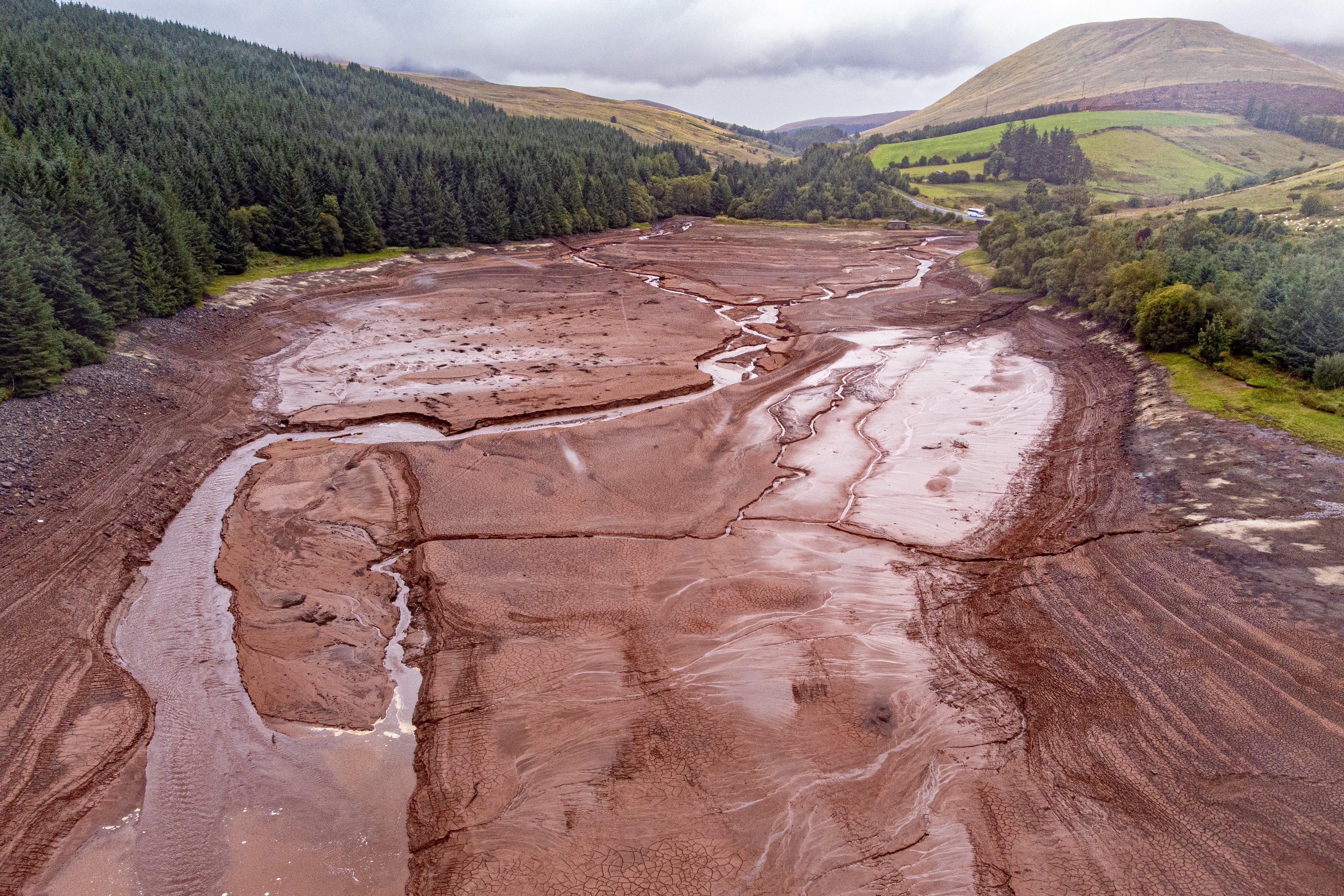Drought could continue into 2023, Environment Agency warns
Recent rainfall has so far not been sufficient to replenish groundwater and reservoir water levels
Drought conditions in much of England are expected to continue into 2023, the Environment Agency has said.
The agency has said recent rainfall has so far not been sufficient to replenish groundwater and reservoir water levels in parts of England that are in drought. Careful and proactive management of water resources is needed throughout the winter to reduce the risk of drought next year, it added.
The warning comes after a meeting of the National Drought Group, which is made up of representatives from the government, water companies, the Met Office and groups including National Farmers Union, Canal and River Trust and the RSPB.
The Environment Agency is responsible for determining whether an area is officially considered to be in drought or not, and is responsible for protecting the environment during a drought and overseeing the actions water companies take to ensure the public supply of water.
England had its driest start to the year since 1976 and the driest July since 1935. Very dry soils mean that rainfall will take longer to replenish groundwater and reservoir water levels.
This means that most of England remains in drought, and without average rainfall in the coming months, it is expected to continue into next year.
September rainfall has had a limited positive impact on water levels, after six months of below-average rainfall. Current September rainfall totals ranged from 47 per cent of the long-term average in northwest England to 89 per cent of the long-term average in southeast England.
Millions of people remain under hosepipe bans, with Yorkshire Water and Thames Water telling the BBC earlier this week that their hosepipe bans could continue until the new year.
Southern Water told The Independent that its hosepipe ban would be in place until it had had enough rain, but that it was hopeful of lifting restrictions this autumn. South East Water said it could not say when its hosepipe ban will be lifted because it was entirely weather-dependent, South West Water said it would lift restrictions when its reservoirs and rivers return to more normal levels and Welsh Water also said it was monitoring reservoir levels.

The Environment Agency said four water companies had submitted drought permits which give companies more flexibility to manage their resources.
The agency said it has also applied for two drought orders to protect water levels in the Black Moss reservoirs near Burnley and Elslack reservoir near Skipton.
Drought orders are granted by the Environment Secretary, which must be satisfied that there is an “exceptional shortage of rain” and that there is an "actual or threatened serious deficiency in water supplies" or a “serious threat to the environment due to low flows or water levels”.
“Water pressures on agriculture, wildlife and the environment remain high as we head into the autumn and winter, which is why we must continue to manage water wisely,” said David Dangerfield, Environment Agency director of water, land and biodiversity and chair of the National Drought Group.
“For this year - and indeed the coming decade - significant action must be taken if we are to mitigate the impacts of climate change on our water security.”
Join our commenting forum
Join thought-provoking conversations, follow other Independent readers and see their replies
Comments


Bookmark popover
Removed from bookmarks